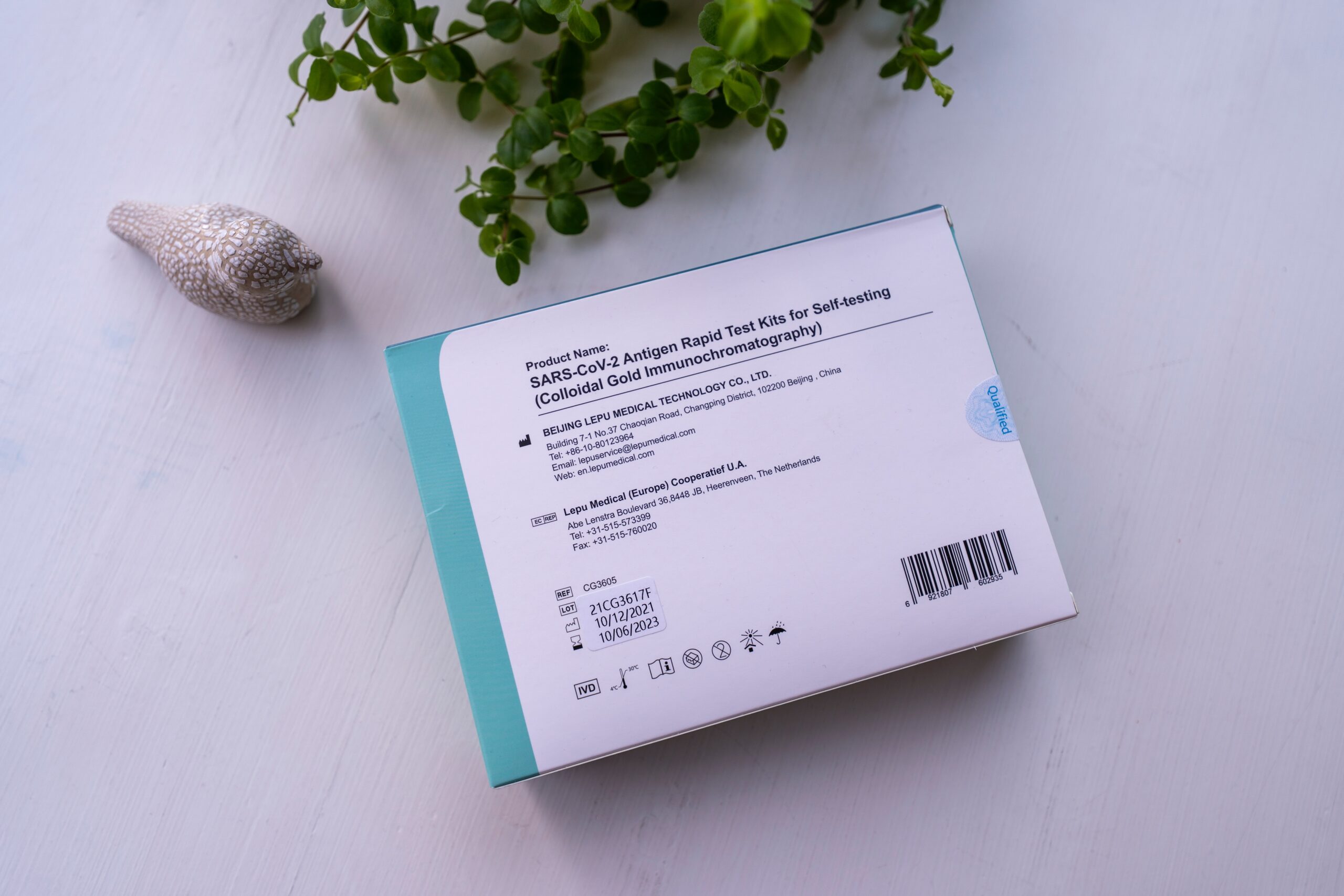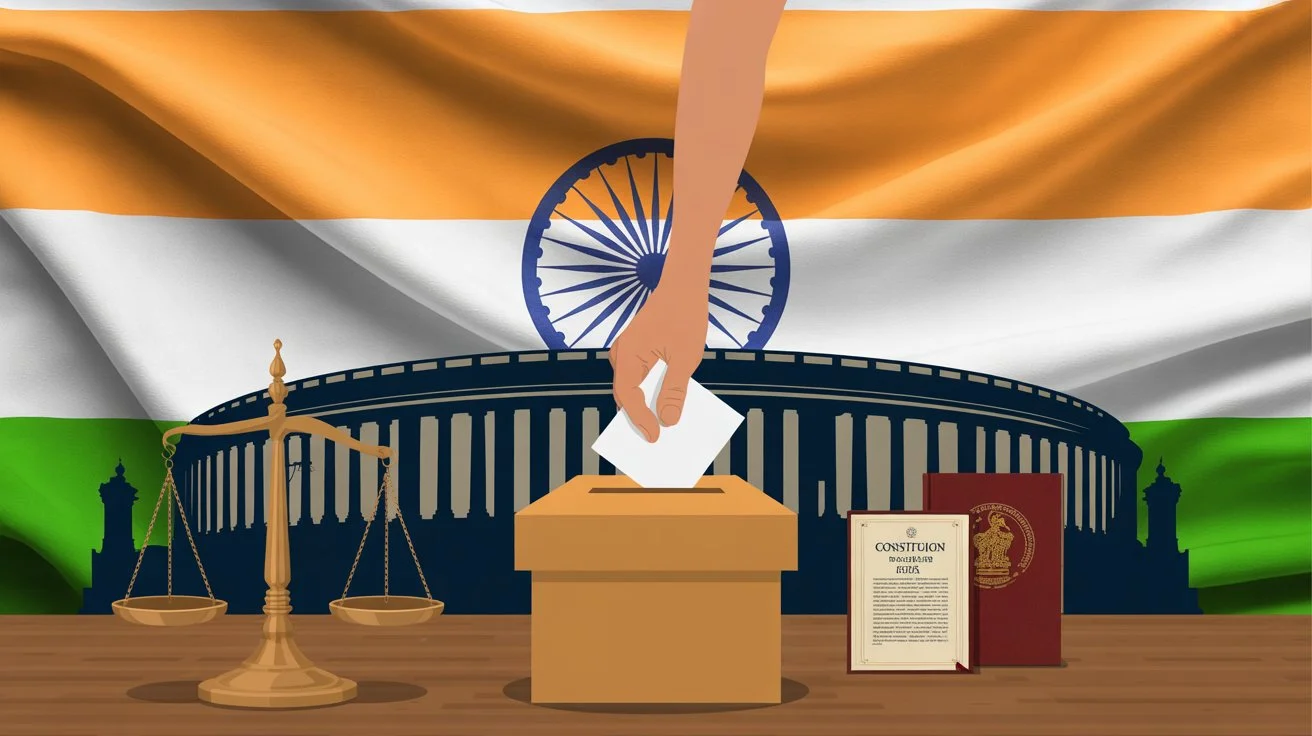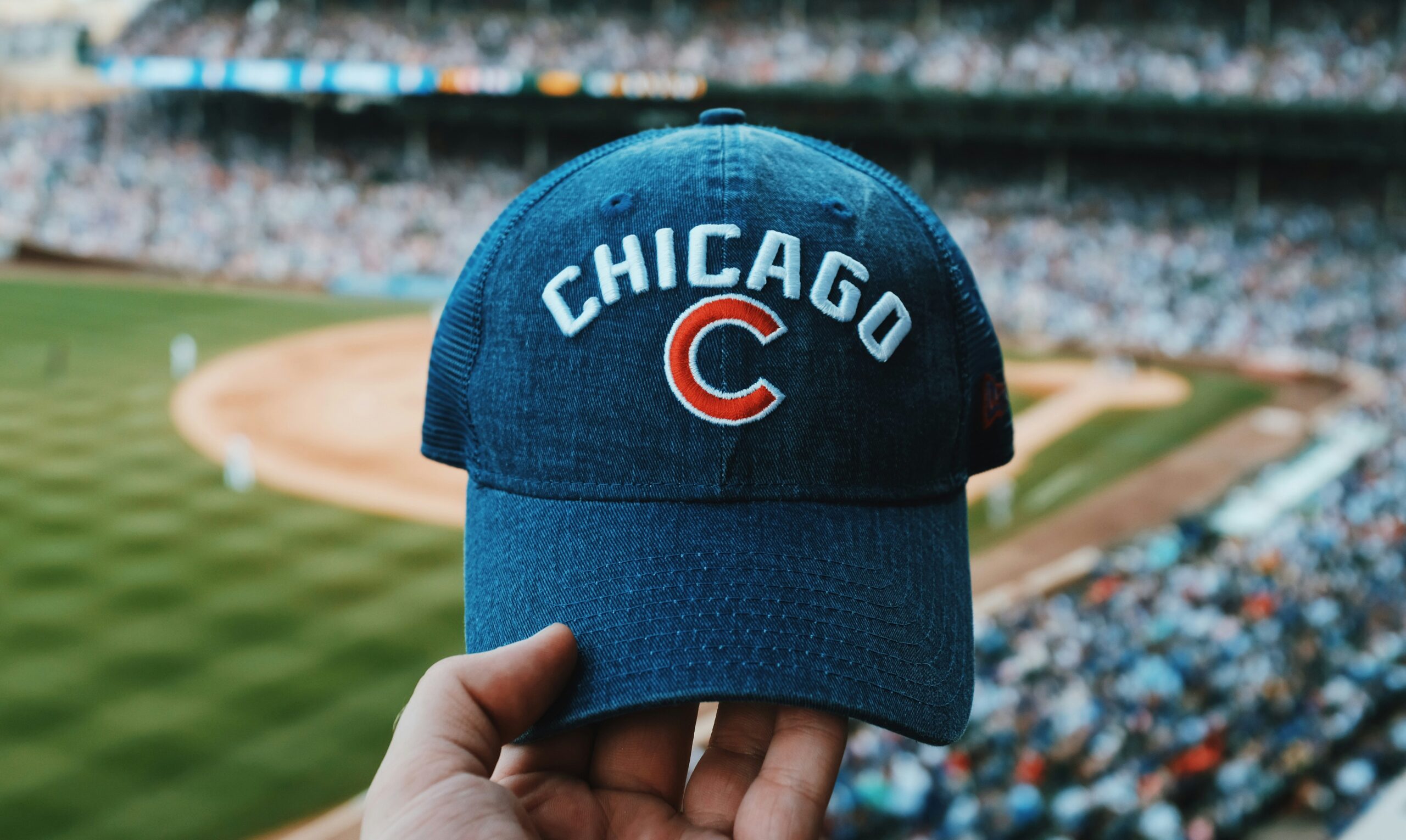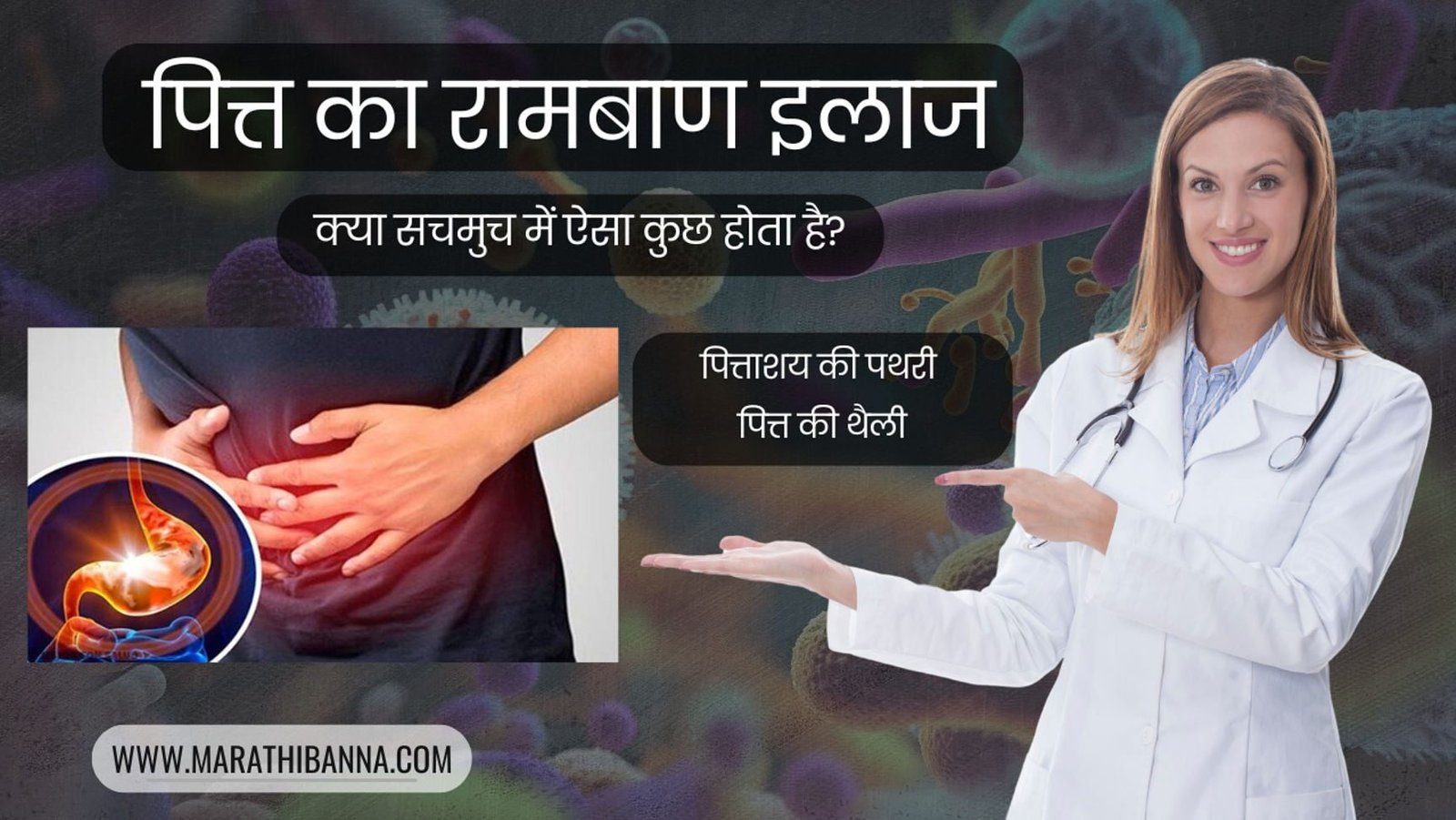Introduction
The COVID-19 pandemic has brought about unprecedented challenges to individuals, families, and communities worldwide. As the virus continues to spread, governments around the world are taking various measures to curb its transmission and ensure the safety of their citizens. One such initiative is the provision of free COVID-19 test kits by the government.
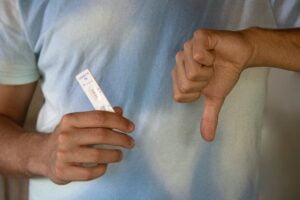
Understanding the Importance of Testing
Testing plays a crucial role in controlling the spread of COVID-19. It helps identify individuals who are infected, even if they are asymptomatic, allowing for early isolation and treatment. By identifying positive cases, contact tracing can be initiated to prevent further transmission. Free test kits provided by the government aim to make testing more accessible to a wider population, ensuring that no one is left behind in the fight against the virus.
Availability and Accessibility
The availability of free COVID-19 test kits varies from country to country. Many governments have set up dedicated testing centres where individuals can visit to get tested. Some governments have also partnered with healthcare providers and pharmacies to distribute test kits to the public. Information regarding the availability and distribution of free test kits can usually be found on government websites, local health department portals, or through helpline numbers.
Also Read –
- संत तुकाराम माहिती मराठी: महाराष्ट्राचे द्रष्टे आणि भक्तकवी 2024-25
- लोकमान्य टिळक यांची माहिती: भारताचे स्वातंत्र्यवीर आणि शिक्षणतज्ज्ञ 2024-25
- कबड्डी खेळाची माहिती मराठी : भारताचा राष्ट्रीय खेळ 2024-25
- चंद्रयान 3: भारत की चांद की ओर तीसरी यात्रा
- हीरो स्प्लेंडर प्लस की कीमत 2023-24: भारत में सबसे लोकप्रिय मोटरसाइकिल
Eligibility and Registration
While the aim is to make testing accessible to all, certain eligibility criteria may apply to receive free test kits from the government. These criteria may include factors such as age, symptoms, exposure to positive cases, or residency status. It is important to check the specific guidelines provided by the government or health authorities to determine if you are eligible for a free test kit. In some cases, registration may be required, either online or through designated registration centres.
Procedure and Testing Methods
The testing procedure may vary depending on the type of test kit provided by the government. The most common testing methods include:
- Nasal Swab Test: This involves collecting a sample from the nasal cavity using a swab.
- Saliva Test: Some governments have introduced non-invasive saliva tests, which involve providing a saliva sample for analysis.
- Rapid Antigen Test: These tests provide quick results and involve a nasal or throat swab.
Free COVID-19 Test Kits: Staying Safe and Informed in [Current Year]
The global fight against COVID-19 continues, and access to reliable testing remains crucial. the government has implemented initiatives to make free COVID-19 test kits readily available for citizens. This article explores these initiatives and empowers you with information to stay safe and informed.
Why Free Testing Matters
Early detection and isolation are key to controlling the spread of COVID-19. Free testing removes financial barriers, encouraging individuals to get tested even if they experience mild symptoms or suspect potential exposure. This widespread testing helps identify positive cases quickly, preventing further transmission and protecting vulnerable communities.
Understanding Free Testing Options
The specific details of free COVID-19 testing programs can vary depending on your location. Here’s a breakdown of some common options:
- Government-run testing centres: Many regions offer free testing centres staffed by healthcare professionals. These centres might require appointments or operate on a first-come, first-served basis.
- Community clinics and partner organizations: Local clinics and organizations might collaborate with the government to provide free testing services. Check with your local health department for a directory of participating locations.
- At-home test kits: Certain government programs might offer free at-home test kits that you can take and mail back for processing.
Finding a Free Test Kit Near You
The fastest way to locate free testing options is to visit the official website of your state or local health department. These websites typically provide comprehensive information on test availability, eligibility criteria, and scheduling appointments (if required). You can also call your local health department for guidance.
Beyond Free Testing: Practices for Staying Safe
While free testing is a valuable tool, remember that it’s just one piece of the puzzle. Here are some additional practices to stay safe and healthy:
- Vaccination and Boosters: Getting vaccinated and boosted significantly reduces the risk of severe illness and hospitalization from COVID-19.
- Maintain Physical Distancing: When possible, maintain a safe distance of at least 6 feet from others, particularly in crowded settings.
- Wear a Mask: Wearing a well-fitting mask in indoor public spaces and crowded areas can significantly reduce the risk of transmission.
- Practice Good Hygiene: Wash your hands frequently with soap and water for at least 20 seconds, or use an alcohol-based hand sanitiser.
- Stay Home When Sick: If you experience any COVID-19 symptoms, isolate yourself at home and get tested as soon as possible.
Empowered by Knowledge and Free Testing
Free COVID-19 testing programs are a crucial government initiative to control the pandemic. By understanding your testing options and taking preventive measures, you can contribute to a safer and healthier community. Remember, staying informed and taking responsibility for your health are essential steps in navigating the ongoing pandemic.
It is important to follow the instructions provided with the test kit carefully to ensure accurate results. If you have any questions or concerns, you can reach out to the healthcare professionals or helpline numbers provided by the government.
Confidentiality and Privacy
When availing of free COVID-19 test kits from the government, it is natural to have concerns about the confidentiality and privacy of personal information. Governments and healthcare authorities are committed to maintaining the privacy of individuals undergoing testing. Strict protocols are in place to ensure that personal information is safeguarded and used solely for the purpose of public health monitoring and contact tracing.
Conclusion
The provision of free COVID-19 test kits by governments is a significant step in controlling the spread of the virus and protecting public health. By making testing more accessible and affordable, governments are empowering individuals to take proactive measures in the fight against the pandemic. If you suspect you may have been exposed to COVID-19 or are experiencing symptoms, consider availing the free test kits provided by your government. Together, we can overcome this global crisis and emerge stronger.
Free COVID-19 Test Kits FAQ: Your Questions Answered
Why is free COVID-19 testing important?
Free testing removes financial barriers, encouraging individuals to get tested and helping control the spread of the virus.
Who is eligible for free COVID-19 testing?
Eligibility criteria might vary by location. Generally, anyone experiencing symptoms or suspecting exposure can get tested for free.
How can I find a free COVID-19 test near me?
The fastest way is to visit your state or local health department website. They typically provide information on testing locations, eligibility, and appointment scheduling (if required).
What types of free testing options are available?
Common options include government-run testing centers, community clinics offering free testing, and at-home test kits (depending on the program).
Do I need an appointment for a free COVID-19 test?
Appointment requirements can vary. Check the website or call your local health department for details.
What should I do if I test positive for COVID-19?
Isolating yourself at home, informing close contacts, and following public health guidelines are crucial. Your local health department can provide further guidance.
What are some additional ways to stay safe during the pandemic?
Vaccination and boosters, maintaining physical distancing, wearing a mask indoors, and practicing good hygiene are essential practices.
Disclaimer:
This FAQ provides general information. Always refer to official sources from your local health department for the most up-to-date and specific details regarding free COVID-19 testing programs and protocols.

